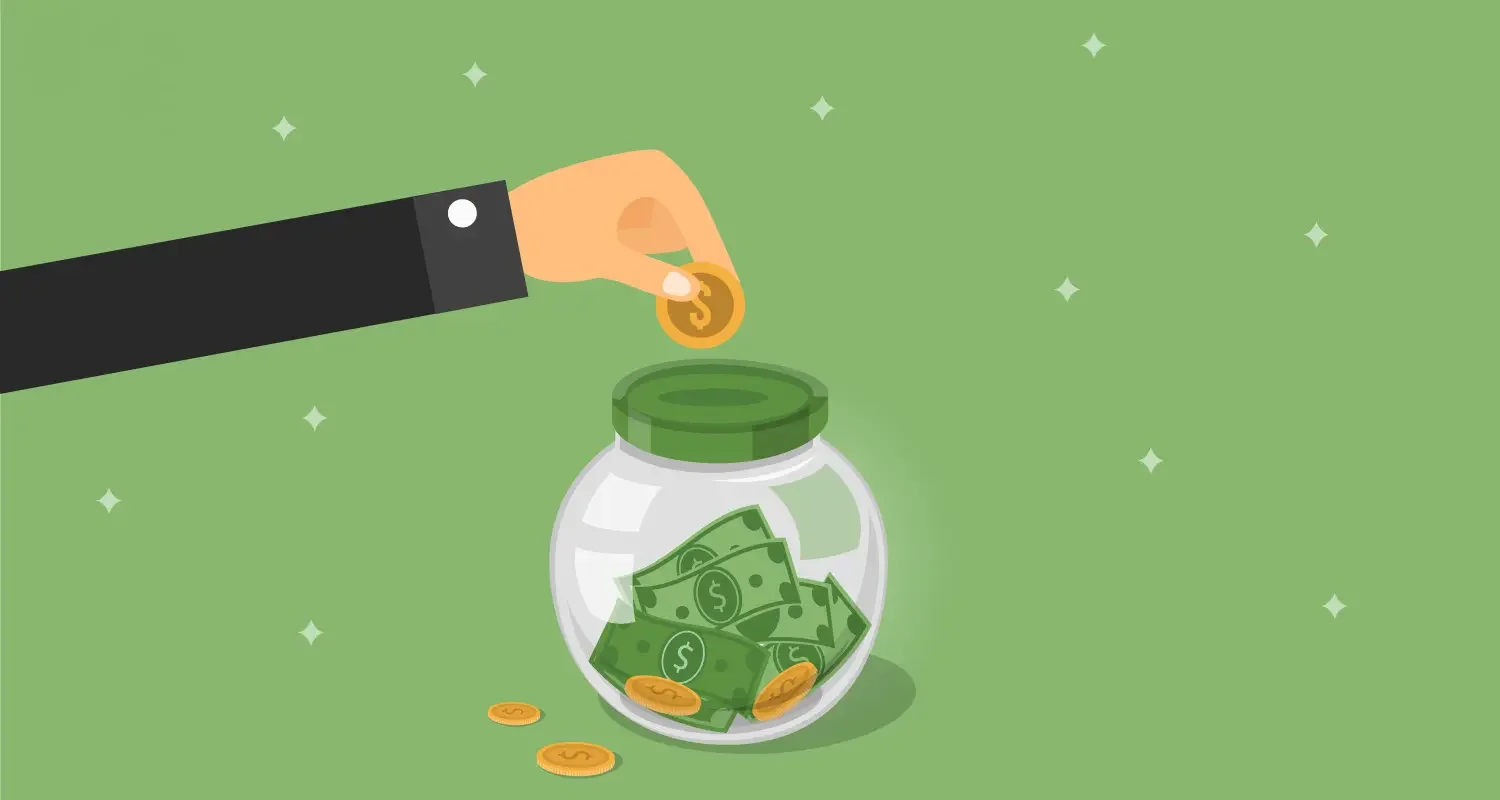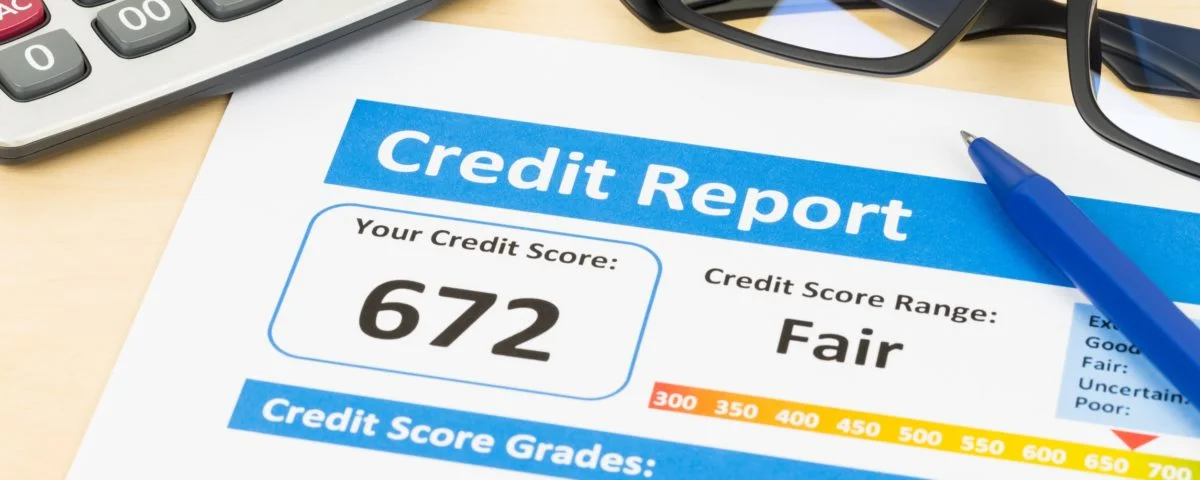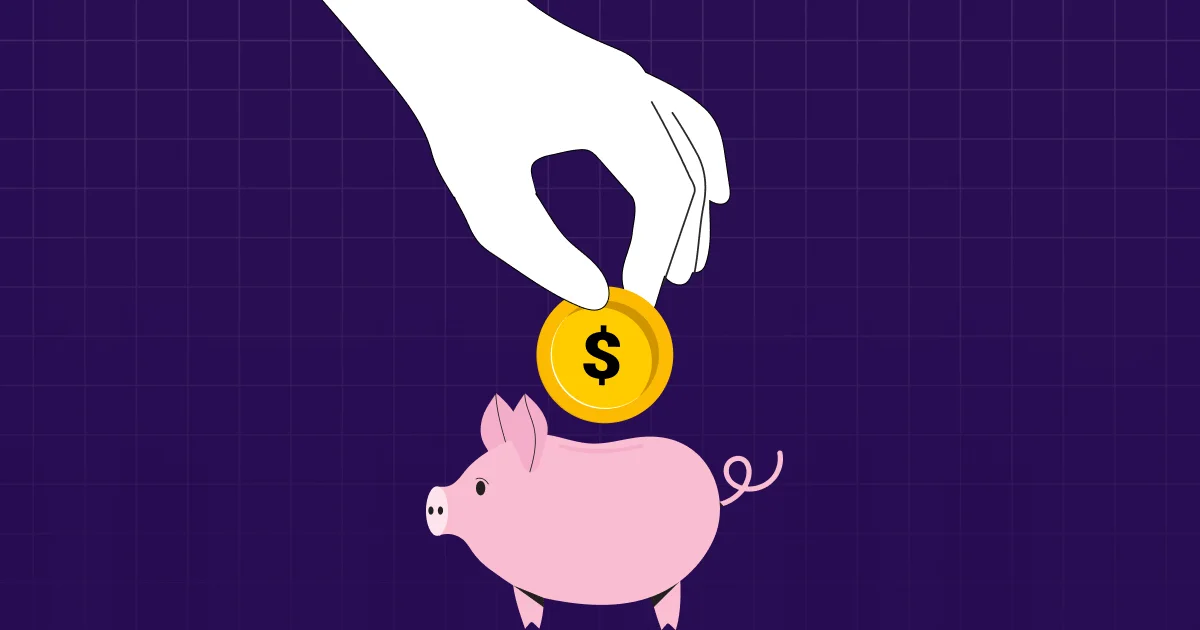“Don’t save what is left after spending; spend what is left after saving” is the advice given by the world’s most successful investor Warren Buffet. The importance of saving money cannot be overemphasized.
Saving is an excellent habit you must teach early on in life to ensure financial security.
Life is always throwing new challenges. While you cannot predict these, you can always prepare for them. Learning how to save money for any future contingencies is one of the best things you can do to ensure that you can tackle life’s many hurdles. Your savings can give you a sense of power and protection to help you navigate through obstacles and emergencies and enjoy your life to the fullest.
Major reasons to save money include:
- To have an emergency fund to cover unexpected expenses such as a medical emergency or an unexpected expensive repair for your home or vehicle
- To have a retirement fund to take care of your day-to-day expenses after you retire
- To make investments that can earn an income that beats inflation
- To make a down payment for your home or other big purchases
- To pay for your children’s education and marriage
Besides the above, you can also find your reasons to save, but save you must!
Top Ways to Save Money
Below are some tips to save money:
- Do not keep too much debt debt diminishes your savings. While you may get lump sum funds through a loan or a credit card, the high interest rates will erode your savings in the long run. Therefore, limiting your debt is crucial to save money.
- Buy genuine products counterfeit or low-quality products may be inexpensive but would not last you as long as the original product. You may save money in the short term but would end up spending more on repair, maintenance, or repurchase in the long term. So, choose genuine products.
- Create a budget and track expenses regular expenses are a part of life. Some expenses are fixed and some are variable. Tracking your monthly expenses will give you an idea of where you spend your money. Once you do this, creating a budget is a simple way to get your finances in place. This way, you can use your money efficiently, plan for financial milestones, and have something for emergencies.
- Prioritize paying off high-interest debtsInterest is payable on any loans that you may have availed of. The higher the interest rate, the higher your financial outflow. It makes financial sense to pay off all debts and loans as quickly as possible to save money on the interest component. This is especially true in the case of debts which have higher interest rates attached to them.
- Build an emergency fund While emergencies can occur at any time, your regular expenses do not stop. This is why most financial planners would recommend individuals to build an emergency fund. An emergency fund should typically be in a multiple of 3 to 6 times your regular and unavoidable monthly expenses. This can help you in your time of need without having to rely on any debt.
- Use credit cards wisely credit cards offer immense convenience and hence are a go-to choice when it comes to making payments and emergencies. However, not paying credit card dues on time can lead to multiple issues. This can be avoided by being mindful of your spending habits, using the card for emergencies or specific financial purchases, and avoiding late payment of your dues.
- Smart shopping for major purchasesOccasionally, we all tend to make a major purchase. An appliance, a new vehicle, or that odd piece of furniture that needs to be replaced are such things. At such times, looking for the best deals or offers available in the market to get the best price for your new purchase makes sense. Often these savings seem small but can add up substantially over time.
- Make good use of any extra or unexpected income You may earn money from various sources besides your salary/business income. Some examples include a cash gift from a loved one, interest income from investments, bonuses earned at work, cash rewards from credit cards, a lottery, and more. Instead of spending this money, it can help to prioritize saving it for your future needs.
- Deactivate any auto-subscriptions or membershipsAuto-subscriptions can simplify your life, but they can also add up to your expenditure. You may often not realize the extent of your spending as they are automatically deducted from your account. It can help to go through them once and disable all subscriptions you no longer need or use.
- Lower your energy costs you can lower your electricity bill by being conscious of your usage. Turn off all electrical appliances when not in use, and switch to greener alternatives like solar energy, smart technology, and more. It can also help to rely on natural light as and when you can.
- Lower your cell phone bill with several network providers in the market, you can easily browse through plans and pick something affordable. For instance, consider using family plans or couple plans to lower your cell phone bills.
- Avoid spending money on outside food or entertainment purposes being mindful of your spending when you step out to eat or socialize is important. Many people end up losing track of their money when they go out. However, being conscious of your expenses can help you curb your spending.
- Look for discounts, coupon codes, and cash backs looking for discounts, coupon codes, or cash backs can be a great way to reduce your expenses. Many brands offer rewards and discounts from time to time. You can plan your purchases when the seller is offering a festive discount and cut your spending considerably.
- Do It YourselfYou can follow online tutorials and do-it-yourself videos to do small repairs and chores yourself instead of hiring help and reducing your monthly expenditure.
- Sell anything that you no longer need You can sell your old clothes, gadgets, shoes, watches, and other items, that you no longer use. This can help you in two ways – you can earn money from the sale and you get to save money on the maintenance of some of these items.
- Make saving a habit to make saving a part of your life. Once it becomes a habit, you will no longer need to go out of your way to save money. You will automatically think about your financial future and the well-being of your family.



